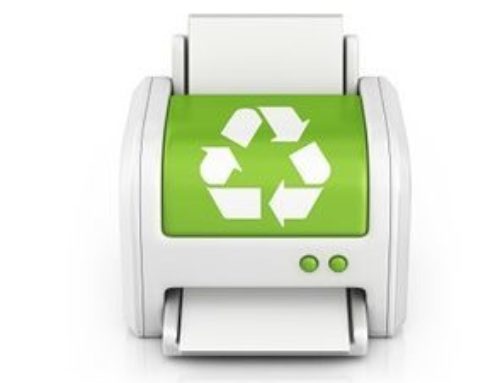Print And Paper Sustainability Myths Busted
When it comes to print and paper sustainability, it is important to separate the facts from the myths. With respect to sustainable raw materials, renewable energy, and recycling rates, the European paper industry is a world leader. There are still many myths surrounding paper among consumers. It is often the result of misinformation about the environmental impact of paper that causes these misconceptions. Let’s break down some of these myths with some fact checking from the Two Sides study in 2021.
Myth 1
Paper is always bad for the environment.
Fact
While it’s true that paper production can have environmental impacts, modern forestry practices and responsible paper manufacturing have significantly reduced these effects. Sustainable forestry ensures the replanting of trees and the conservation of ecosystems. Additionally, many paper companies are now using recycled fibres, implementing efficient production processes, and managing waste responsibly. When paper is responsibly sourced and recycled, it can be a sustainable and renewable resource.
Myth 2
Digital communication is always more environmentally friendly than print.
Fact
Digital communication’s environmental impact is often underestimated. Electronic devices require rare earth minerals, energy-intensive manufacturing processes, and the disposal of e-waste. The energy consumption associated with data centres and internet infrastructure also contributes to the environmental impact. Print materials, on the other hand, can be produced using renewable energy sources and recycled paper. It’s important to consider the life cycle of both digital and print media to compare accurately.
Myth 3
Using paper kills trees
Fact
The paper industry relies on trees as a raw material, but also promotes responsible forestry practices. Sustainable forestry involves replanting and managing forests to ensure a constant supply of trees. Paper production supports the economic value of forests, making it economically viable for landowners to preserve and manage forests as a renewable resource. When paper is responsibly sourced and produced, it can contribute to the conservation and sustainable management of forests.
Myth 4
Recycling paper is not worth it.
Fact
Paper recycling is crucial to a sustainable paper industry. Recycling paper reduces the demand for virgin wood fibres and helps save energy and water used in the production process. Additionally, recycling paper reduces waste sent to landfills. Advances in recycling technology have made it more efficient and cost-effective. While there are challenges in recycling certain types of paper, overall, recycling paper is a worthwhile practice that contributes to environmental conservation.
We should note that the sustainability of print and paper depends on responsible sourcing, manufacturing, and recycling practices. By supporting certified sustainable forestry, using recycled paper, and promoting responsible consumption, the paper industry can continue to improve its environmental performance. We will continue to work with our customers and suppliers to reduce our carbon footprint and be as sustainable as possible at Weaver and Bomfords





